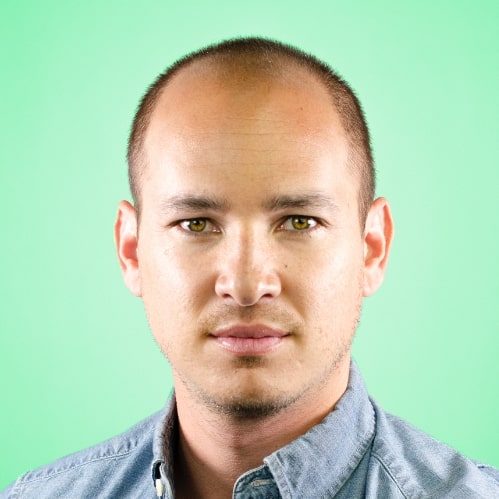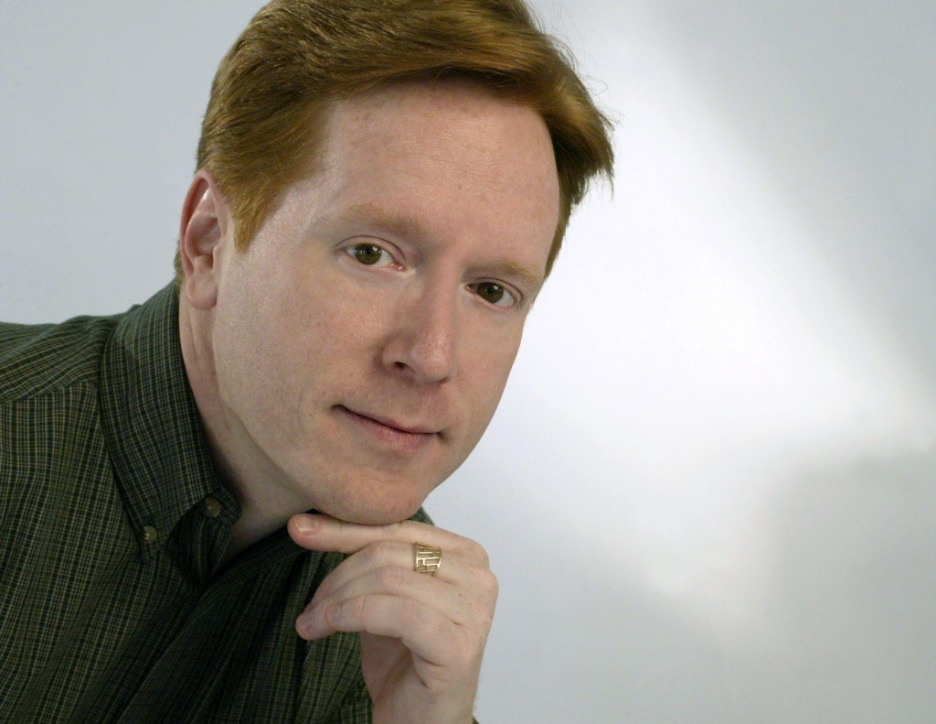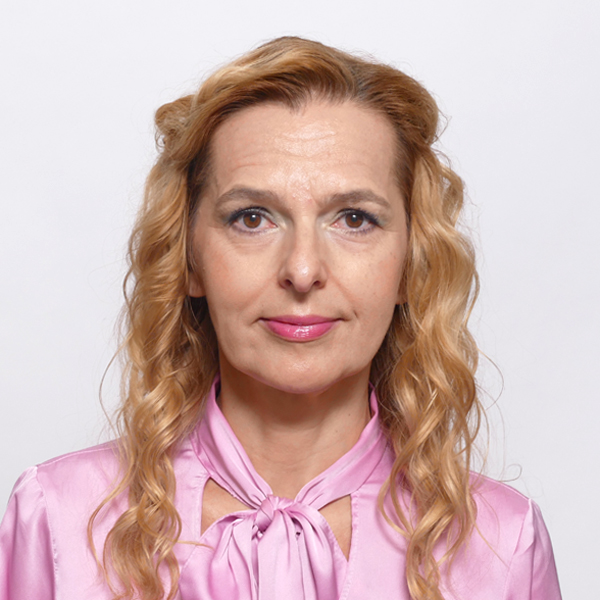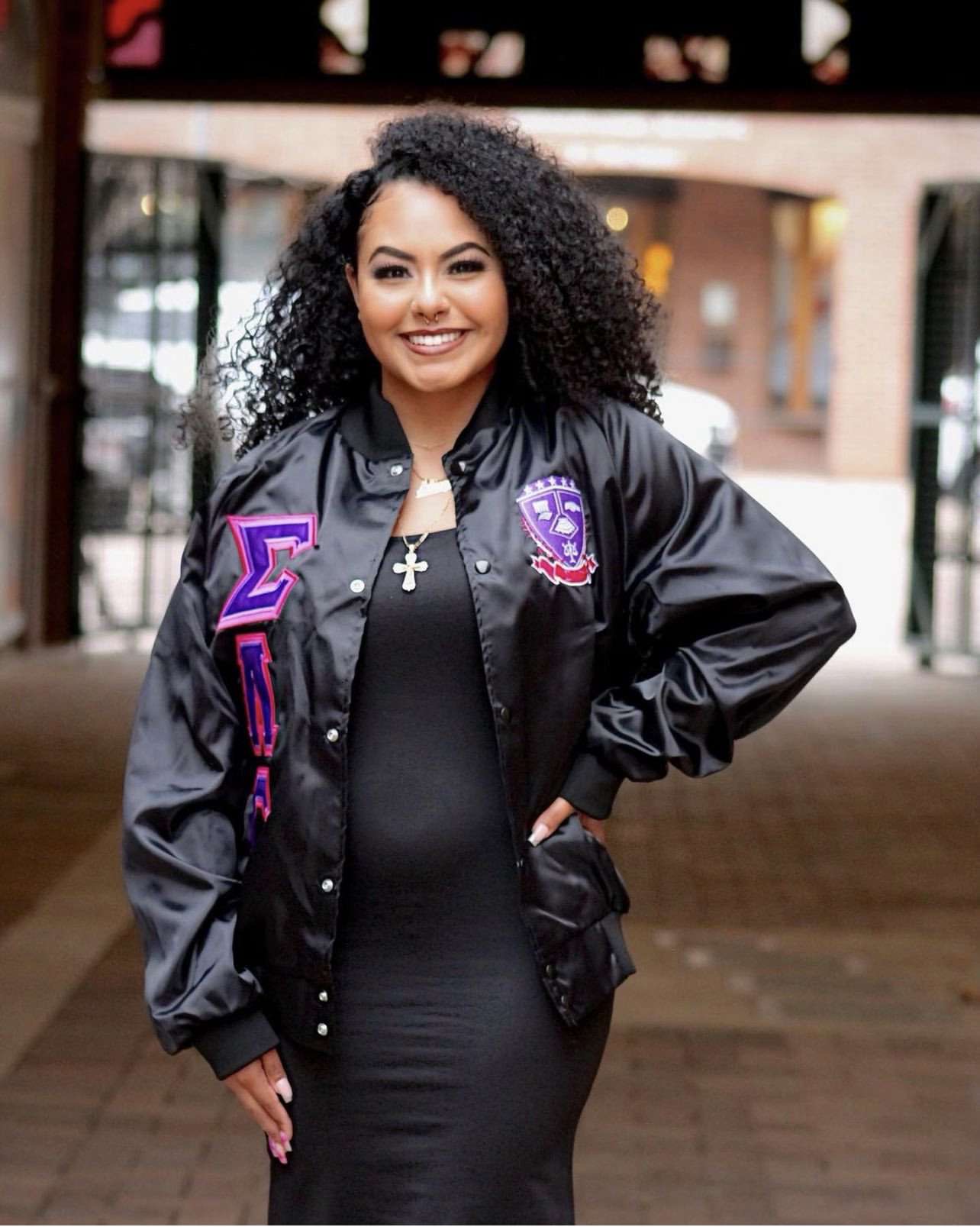
UNC alumnus, Julian Carey shares his up and coming adventures as a Jazz instructor overseas, as well as his recent album debut.
So now that you're an alumni, what is next?
So, I'm moving to Thailand in two weeks for another year, right after, like right at the same time that I knew I wanted to write an album. Last year I got this crazy idea. I was like, ''Hey, I should go to Thailand for this thing. We have this great relationship with them.'' I had been in contact with one of our, with one of the students from over there. There's a, the university I'm going to teach at, they send a group every year to the jazz festival to perform. And I was introduced to one of the singers that was in that group. And we kept in touch for quite some time and eventually I got the idea after a lot of talking about the way that her program at her school works and the versus the way our program works, we just never had a vocal, a vocalist, a jazz vocalist from Thailand had never studied at UNC.
And I wanted to kind of explore like what is kind of the gap there? Has Anyone auditioned? And I learned that there had been some people that had auditioned and you know, and weren't accepted. And that's not obviously the biggest tragedy ever. It happens. That's what auditions are like. But I wanted to see is there something that's consistently making that not happen? Is there a discrepancy between, you know, between what we're learning as undergrads that prepares us specially for our program versus what other people are learning and perhaps what, you know, what different focuses there are in the program or what different standards there are. And you know, that wasn't me trying to be like, you know, ''I'm here to save your program'' or anything like that. What I wanted to do is make sure that there could continue to be well, that there could be a start to a legacy of jazz vocalists coming from Thailand in any place that are coming to study at art, at places like UNC or even the other big vocal jazz schools like UNT, or University of Miami or, Cal State - Long Beach, any of those places.
But that culturally, because jazz and especially vocal jazz is so new and not exactly common at the educational level over there. I wanted to make sure that that can start right now and that it doesn't have to take another 50 years before we can have one singer. So I've made a trip over there and I did some, some master classes and workshops and a lot of private lessons and gave a couple of performances with other students and faculty over there and I was super happy to say still that on my last day there I was just saying my thank you's to the dean and he, and he asks, ''well, what would you think of working here? Like really working here, not just to come back every year but like to work here?'' And I said, yeah, I'm definitely interested. So I kept in touch with a lot of those guys over there when I got back here and then finished senior year. But during the jazz festival when they came here we had my super formal job interview. It wasn't, it was at the, it was at the food court.
Hey, hey that can be pretty pinky out.
Hey, when in doubt, pinky out. I've actually never once complained about the salmon that's been served here. It's always really good.
The Salmon?
Yeah, you always need salt and lemon. Always. But that's not exactly complaints. Some people need it without. I can't, but it's really good.
I have to try it. I really go for the chicken tenders and Mac and cheese.
Absolutely.
I'm a default for sure.
When you're ready to start eating like a grown man, Dannon, get on that salmon, I can't recommend the Quinoa, it didn't do it for me, but there's some good stuff in the salmon tends to be one of those.
But anyway, we had my interview there then right then is when they made me like a true offer. The other person, I can't forget in all of this. Her expertise is in ethnomusicology and she's a professor here named Nan (Jittapim) Yamprai. She teaches in the music school and also in the Asian Studies. So a lot of people know her. She's one of the hardest working and most influential and serious, serious, serious, lovers of students and other people that I've seen. Like she will do anything. So long as she sees a reason to help you, she will do it until it's done. So she kind of runs a lot of our international stuff for the school of music. And when I told her this idea, she was just over the moon, she's like, yeah, ''totally. Let's do it. Even in my home country, let's make this easy. I'll be there within the next couple of weeks. I'll start to talk to some people.''
And then Bam, there it was for that first trip. So when I came back and I told her this, she's like, you know, again, very happy and very supportive. So she kind of started preparing me for that. And for culturally like, ''well, students can be like this, so you need to make sure that sometimes you do this'' in lessons. So she's been with me for every step of the way for all of my relationship with, with the kingdom. And so I, I owe her everything, but she'll never take it cause she's not that kind of person.
What an honor. Yeah, that is so cool. I had no idea that you were teaching there and a university, what's the name of the university?
And how fitting to... What is it called? Ethno...
Ethnomusicology.
Yeah. Okay. So like the culture of, of music? Oh, that's even better that she's native there.
Yes. No kidding. So she's, really about that connection. She's also one of the lead organizers. She might be the founder of the Greeley multicultural festival, which just had, it's second year. Tends to happen in like October, November. No, it's October. But that's one of the most beautiful things that happens here. It is a festival where it's a music festival essentially where musicians from all different cultures will come together and perform for just a whole day. So you've got native dancers, we've got Thai dancers, we've got, we've got Irish music, we've got African American music, which I've been really happy to do for the last two years. And uh, as well as one of our former teachers, Dr. Diane Bolden-Taylor, she gave a great performance this year. It really does... I can't think of a single thing of a single culture that wasn't touched in the decision for who's going to perform there. So it's great you get to meet all of these people from these just insanely different backgrounds and places in the world. And she's like the lead person that put all that together.
What a, what a nice cultural hub that we can find around here. And you said it's really, it's not even UNC?
No, it is Greeley. A bunch of UNC students and faculty are involved in putting it together because let's face it, if we're talking about, you know, we need professional organizers of music, well a lot of those people are going to be here because that's just not a huge thing, but elsewhere in the community.
Here is a track from heaven?indeed, titled Benediction.
So that's the end of that one.
You have a phenomenal voice.
Thank you.
That was so wonderful to hear. It was mesmerizing and I felt like you and the band were pushing limits on, you said it earlier by, maybe that's why it's fresh, but it almost made me feel, not uncomfortable, but like uneasy. Like there's like this edge to it. I wish I knew more verbiage and vocabulary in your realm.
Sure. So the feeling there, well, one of the big things for this one, for the writing, it was kind of uncomfortable for me too because this is the first time I've ever, this is the first of any recorded compositions of mine. I can't be, I can't say I'm one of those people who just always wrote songs that I did on guitar, you know, when I was a kid, I just didn't do that.
Yeah, that was my next question. You wrote that?
I wrote all of the music on here. I co-wrote the sixth track. Love is more thicker than forget with with Daniel Thompson. And then there was also some co-writing going on with Oh wait, the track four and then track six is called Loves Absence. I did some of the co-writing on that with the Alto Sax. Oh, with the s soprano saxophone is Mateo Sabatini. So I guess some of that danger comes from one thing I really love about, I guess I could tell you the, the kind of music, the kind of media, the kind of art that I don't really like, that I don't really connect with very much as art. That just kind of feeds me everything. I don't want to see the twist that soon in the movie. Right? I don't want to read the poem where I know exactly what it's talking about the first time I read it, you know, that's just not the stuff that interests me very much. You will love that there's some tension before the release. That's one thing that we talk about a lot in music is tension and release.
There are some chords that are tense because there's another chord that naturally just kind of comes after it. There are some rhythms where if that's played, there's kind of an answer to it. It's like it's stuff like that, but on sometimes more complicated just due to like the history and the vocabulary of jazz music. There's so much tension and release and so when you're, when you're dealing with new compositions, one of the really interesting things for me was no one should... I didn't write it so that no one would know what was coming next. But it was such an exploration in what could happen after this moment as opposed to, well, musically, you know, almost scientifically, logically what should happen after. It was a lot of what could happen after. What would sound great but isn't exactly the thing that people are imagining.
It's like completing it but still having that feeling of wanting more out of like just more into it
Yeah, there's some mystery for a moment. Like some stuff that you kind of hang on where you're like, you just don't get that for reasons that you can't really explain unless you're like really, really deep into the theory of all this music. There's something slightly uneasy about some of the things that you hear and then when there are answers, when there's like the arrival point, there's really the arrival point and you're just kind of swimming until you get there.
I think that's maybe why, like there were times where I would start to move like ''ah,'' that's, that's maybe what I felt like a, I know there, there's definitely certain points in that. How Fun. Oh, uh, when was that recorded?
December 17th and 18th of last year.
Okay. And then we were, we released it on January 18th at John Gault Coffee in Atlas Theater.
And is this on like iTunes?
Yes, this is on iTunes. It's on Band camp. It's on Amazon, Apple Music. And then I have very, very few physical copies left.
That's fair. It's probably hard not to give it away. You want to, you want to share it.
It's a great calling card. It's a great calling card. And a lot of people, you know, a lot of people when you're doing that, they're like, ''oh, don't waste your money on CDs. Nobody buys or listens to CDs anymore. No one reads liner notes.'' It's like every person that I've given this to is excited to be getting a CD. They have the option of buying it online, but I just never bought that for a second. Obviously that's not the only way that people are consuming media. So I'm like be careful of how many you print if you're going to do that. But I sold easily half of what I had the first night that we had them.
It's so tangible and there's something, you know now that it isn't on a cellular device, it's nostalgic at this point.
Right. I can write on it, I can write a note to you on it. You know, people love opening mail. No one will ever not love opening mail. When you get a letter that's for you in an envelope. It's like, ''ah yes!"
Not a bill, but yes,
Right. Obviously got a bill. Right. But you know, like ordering something on Amazon, it's like people love getting a package and then they rip it open. You know, they were a kid at Christmas, so there's something about having something to touch that is so meaningful.
So that's one of the big reasons I decided to do that. And it's like, you know, why not? I get to experiment with a lot of stuff. It's my first CD and people are gonna buy it anyway cause it's my first one. And because family and my grandma's going to send one to you know, a bunch to whomever and you know, there's so much that you get out of that no matter who you are, right? If it's your first CD, people are going to buy it anyway. It's not going to be a crazy blockbuster. That's not going to be the thing that pays the bills. So why not try a couple of things? I still believe in liner notes. They might not be as long as the ones where these ones, 24 pages, there's all the, all the poetry, which was all written by E. E. Cummings by the way. All of the, all of the texts, all the words you hearing were written by great American poet, E. E. Cummings, he's the, ''I carry your heart. I carry in my heart'' he's that guy. Um, so these are all texts settings that I did. I did eight of them. And everyone except one person either went to UNC at the time or used to go here. So that's a very fun thing is I'm sitting there and you know, the crazy part about that is that seems like a specific thematic theme where the thing where the first thing you're thinking is, ''oh, okay, so you might've had to make some sacrifices so that you get that kind of band.'' It's like, ''no, I got the exact group of musicians that I wanted. I got people.'' I couldn't have picked a better band for this. And it just so happens that they're also in this cradle of, of talent and creativity that is here. So there were no sacrifices with, ''uh, well, they don't play so great, but at least they go to UNC.'' It's like they play, first of all, they play great. And second of all, they're just down the hall. So I can talk to them about this, about dates and all that kind of stuff.
Music
Dedication – Julian Carey
Benediction – Julian Carey
"may my heart always be open to little". Copyright 1938, © 1966, 1991 by the Trustees for the E. E. Cummings Trust, "up into the silence the green". Copyright 1939, © 1967, 1991 by the Trustees for the E. E. Cummings Trust, "The white rose my soul". Copyright © 1973, 1983, 1991 by the Trustees for the E. E. Cummings Trust. Copyright © 1973, 1983 by George James Firmage, "SAPPHICS". Copyright © 1973, 1991 by the Trustees for the E. E. Cummings Trust, "I have looked upon thee--and I have loved thee,". Copyright © 1973, 1983, 1991 by the Trustees for the E. E. Cummings Trust. Copyright © 1973, 1983 by George James Firmage, "love's absence is illusion,alias time". Copyright © 1973, 1983, 1991 by the Trustees for the E. E. Cummings Trust. Copyright © 1973, 1983 by George James Firmage, “let it go- the”. Copyright 1944, © 1972, 1991 by the Trustees for the E. E. Cummings Trust, from COMPLETE POEMS: 1904-1962 by E. E. Cummings, edited by George J. Firmage. Used by permission of Liveright Publishing Corporation.





